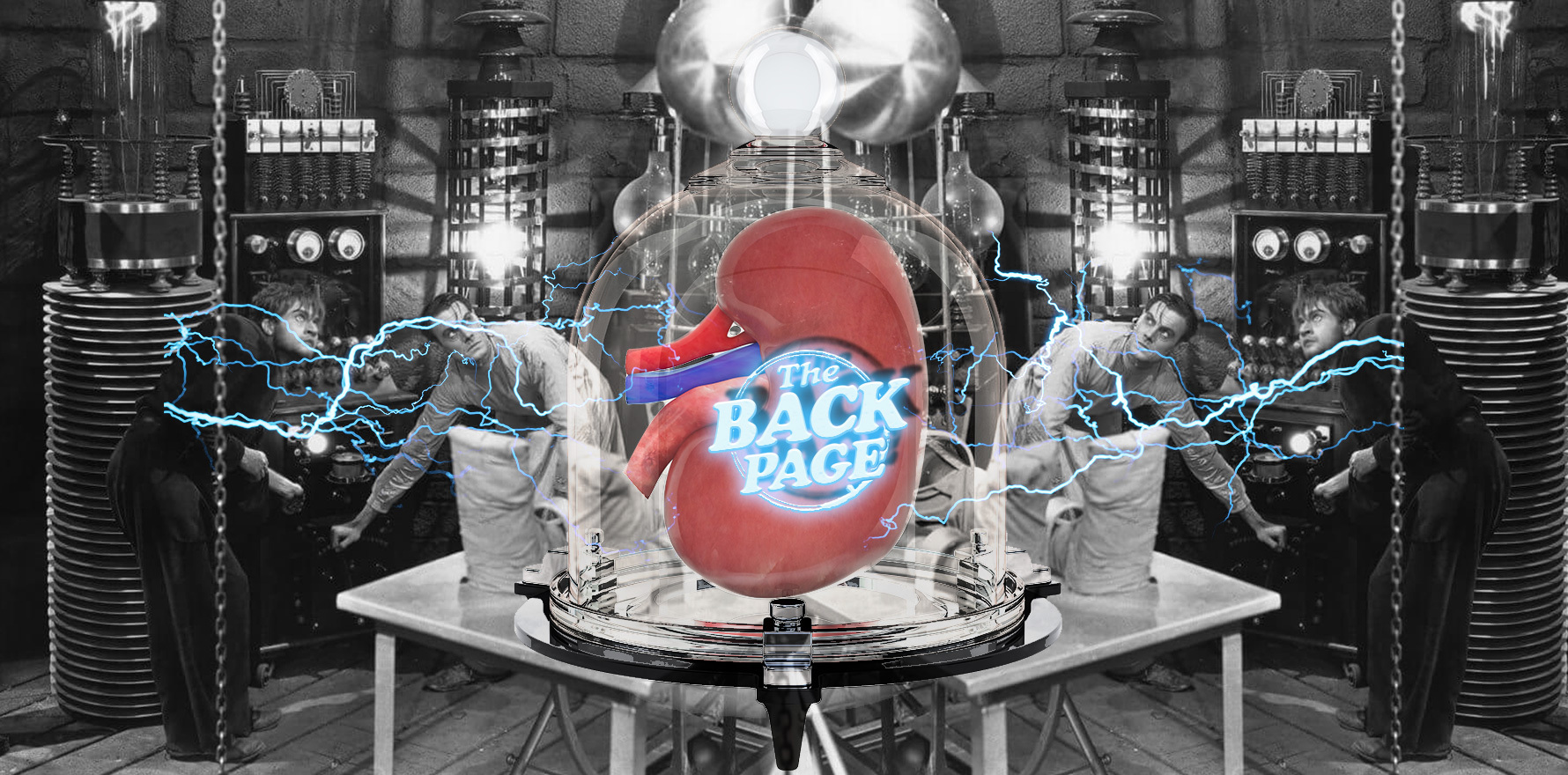When it comes to tissue regeneration, a Tokyo team is taking out some of the guess work.
Some good news for medicos as well as patients who might need a new organ down the track.
A Tokyo-based team have figured out a way to grow intestinal tissue in the lab that’s more reliable than efforts used to date.
The researchers, from Tokyo Medical and Dental University, have found that small balls of human cells, known as spheroids, can be grown in suspension. Then, when transferred to a bioreactor – a specialised incubator that keeps the growth medium constantly flowing to improve the health of the cells – they can mature and differentiate into complex intestinal tissue when transplanted.
The team revealed their findings in a study published last month in the flagship Cell Reports Methods.
The much sought-after product is a “human intestinal organoid” and they’re pretty darn useful when it comes to regenerative medicine.
Organoids are organ-like balls of cells that mimic the properties of the organ from which the “seed” cell was taken. They’re used for studying organ function in a lab setting and are also promising tools in the field of lab-manufactured body parts.
“There are established methods for growing human intestinal organoids from … stem cells,” said Junichi Takahashi, first author of the study. “However, these techniques are challenging to perform. They result in spheroids of varying sizes and are limited by the growth conditions, which can result in deformed and unhealthy spheroids over time.”
Bad news for those hoping for a win in the regenerative tissue world.
To put together a more reliable method, the researchers explored the use of cell culture plates made with an ultra-low attachment polymer to encourage the cells to detach and grow in suspension. They also tested the effects of growing the resulting spheroids in a bioreactor.
“Using our technique, we were able to grow spheroids of a predictable, consistent size that could be modified by modulating the number of cells seeded into the plates,” says Tomohiro Mizutani, corresponding author of the study.
“Transferring the spheroids to a bioreactor allowed them to grow even larger, into healthy HIOs.”
If you’ve got the guts, send your idea to penny@medicalrepublic.com.au.


